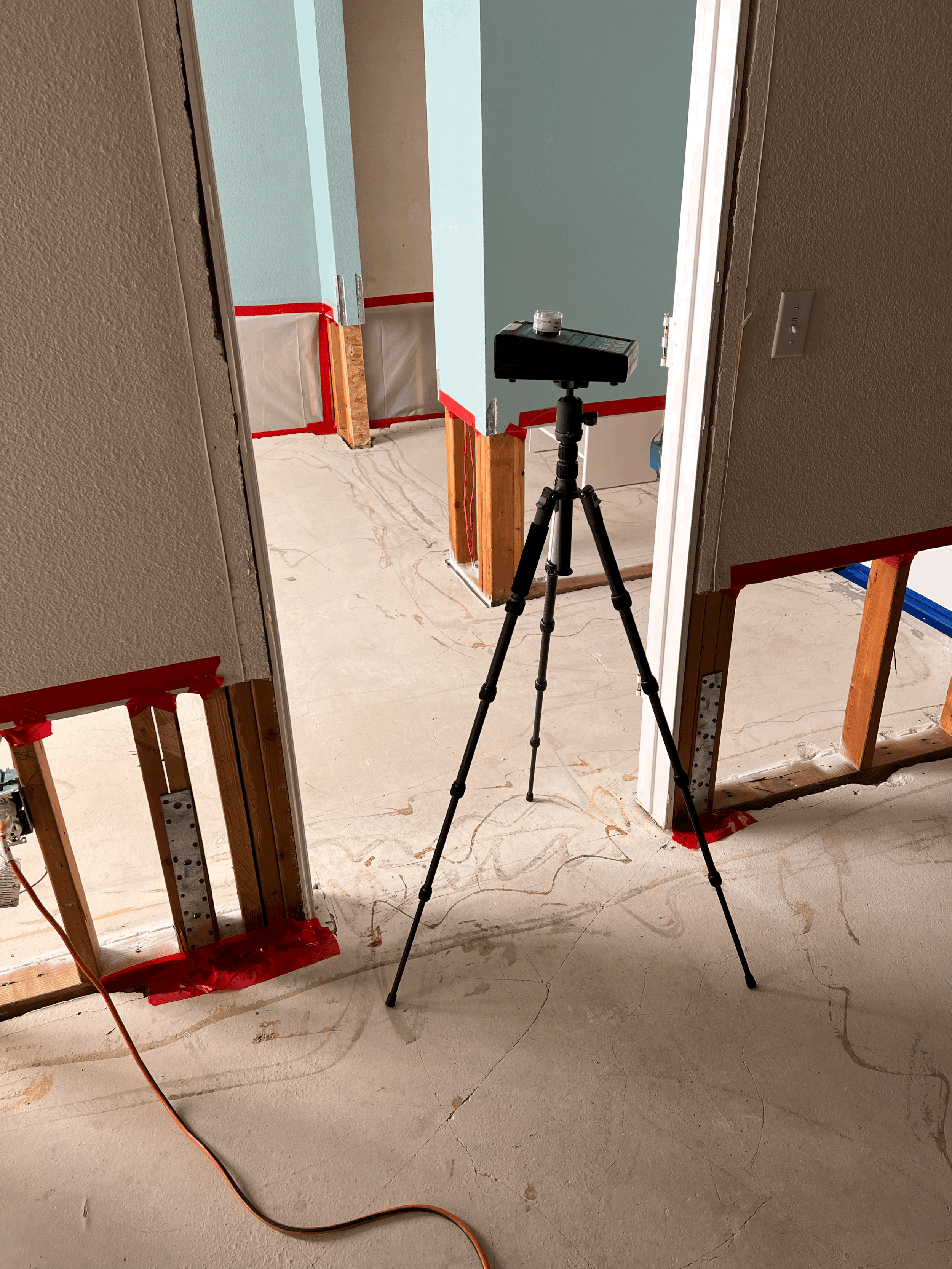Protect your home from monsoon weather
To protect your home from monsoon weather, Some important steps you can take:
1. Clear gutters and drains: Ensure that all gutters, downspouts, and drains around your home are free from debris and properly functioning. This will prevent water from overflowing and causing damage to your foundation or walls.
2. Waterproof your basement: Apply waterproofing sealants or coatings to your basement walls and floors to prevent water seepage. Additionally, check for any cracks or gaps and seal them properly.
3. Install window well covers: If your home has window wells, cover them with sturdy, transparent covers. This will help prevent water from accumulating and potentially flooding your basement through the windows.
4. Check your roof: Inspect your roof for any loose or damaged shingles, as well as gaps around chimneys and vents. Repair or replace them as necessary to prevent water leakage during heavy rains.
5. Trim trees and branches: Trim back any overhanging branches or trees near your house that could potentially fall and cause damage during strong winds or storms.
6. Secure outdoor furniture and objects: Move or secure outdoor furniture, grills, and other objects that could be blown away or cause damage during high winds. Store them in a safe location until the monsoon season passes.
7. Install storm shutters or reinforced windows: Consider installing storm shutters or reinforced windows to protect your home from strong winds and flying debris. These measures can help prevent broken windows and reduce the risk of interior damage.
8. Ensure proper drainage: Evaluate the grading around your home and make sure the land slopes away from the foundation. This will help direct water away from your home and prevent water accumulation near the structure.
9. Maintain sump pump and backup power: If you have a sump pump, ensure it is in proper working condition and install a battery backup system in case of power outages. This will help prevent basement flooding during heavy rains.
10. Create an emergency kit: Prepare an emergency kit that includes essentials such as flashlights, batteries, non-perishable food, water, a first aid kit, and important documents. Be ready for potential power outages or evacuation scenarios.
Remember to consult with professionals if you're unsure about any specific aspects of protecting your home during monsoon weather.




